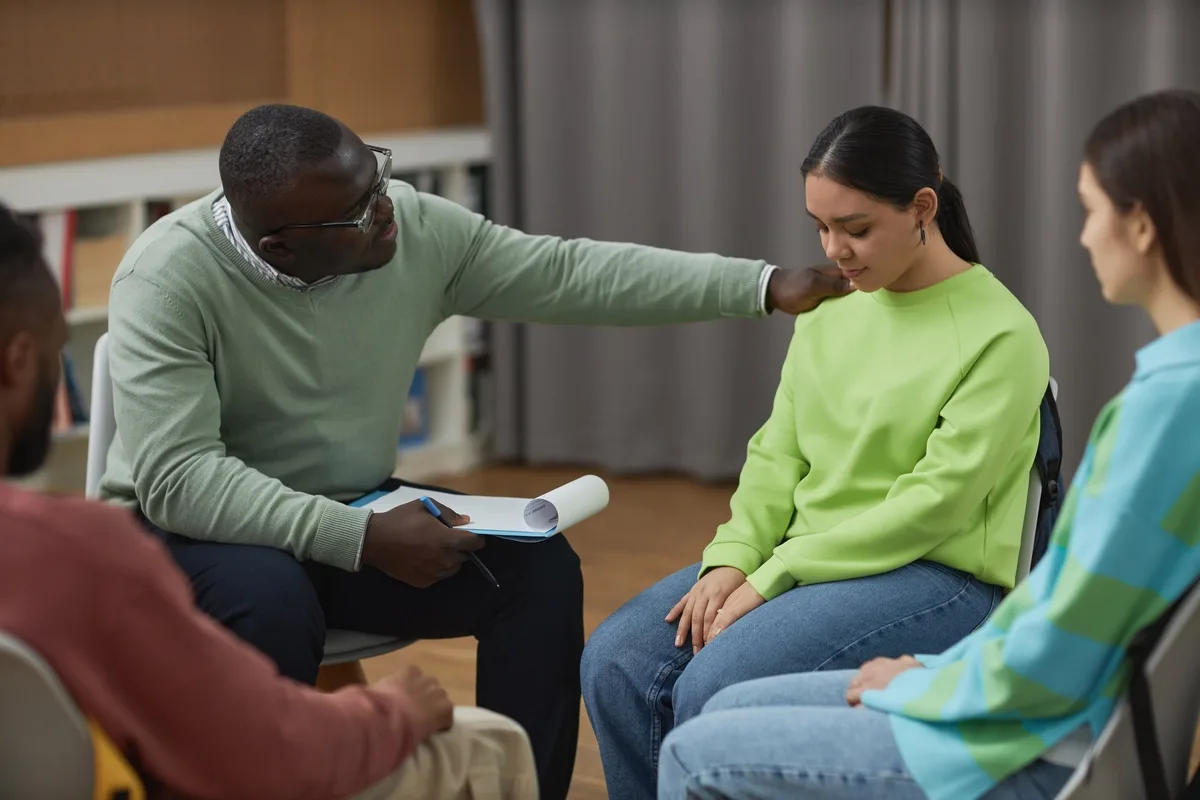24/7 Helpline:
(866) 899-221924/7 Helpline:
(866) 899-2219
Learn more about Medication-assisted Treatment centers in Howard County

Other Insurance Options

Covered California

State Farm

Cigna

Medical Mutual of Ohio

Health Choice

UMR

Lucent

Choice Care Network

Regence

WellCare Health Plans

Coventry Health Care

Highmark

PHCS Network

Magellan Health

United Health Care

Anthem

Meritain

Kaiser Permanente

Self-pay options

WellPoint

The Gilead House
The Gilead House is a Non-Profit rehab center located in Indianapolis, IN. The Gilead House speciali...

Four County Counseling Center
4C Health Solutions is a dual diagnosis behavioral health treatment center located in Kokomo, IN. Wi...

First City Recovery Center
Freedom is within reach at First City Recovery Center. Based out of Kokomo, Indiana, FCRC offers a f...

Community Howard Behavioral Health Services
Community Howard Behavioral Health Services offers the complete realm of behavioral care to treat th...






























AA – Alcoholics Anonymous
AA – Alcoholics Anonymous is a private rehab located in Kokomo, Indiana. AA – Alcoholics Anonymous s...















